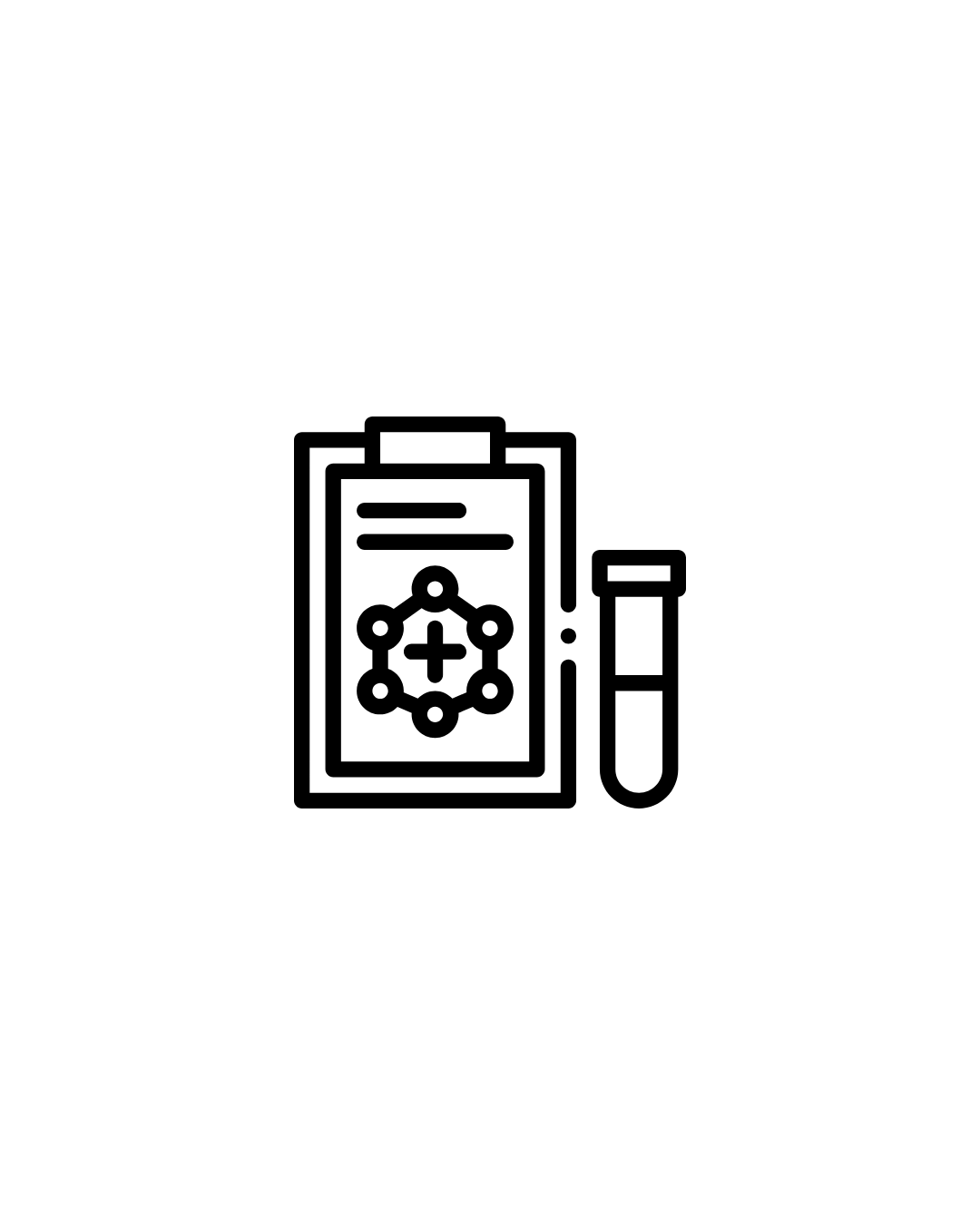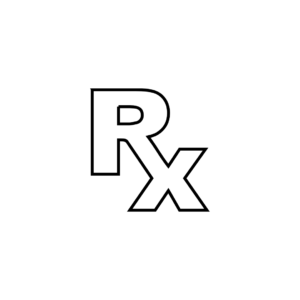Description
Overview of Post Graduate Diploma in Medical Lab Technology (PG Diploma in MLT)
The Post Graduate Diploma in Medical Lab Technology (PG Diploma in MLT) is designed to train healthcare professionals in the skillful handling of laboratory tests and procedures essential for diagnosing and monitoring diseases. This program prepares students with a strong foundation in laboratory techniques, quality assurance, and the use of laboratory equipment.
Core Areas of Study in PG Diploma in Medical Lab Technology
Introduction to Medical Laboratory Science
Overview of the roles and responsibilities of medical laboratory technologists, as well as the importance of lab testing in healthcare.
Clinical Biochemistry
Study of biochemical tests used to diagnose and manage diseases, including analysis of blood, urine, and other bodily fluids.
Hematology and Blood Banking
Understanding blood components, blood group typing, cross-matching, and laboratory techniques to diagnose hematological disorders.
Microbiology
Examination of pathogenic microorganisms, techniques for culturing, identifying, and testing antimicrobial susceptibility.
Histopathology and Cytology
Techniques for the preparation and examination of tissue samples and cells to diagnose diseases, including cancer.
Immunology and Serology
Study of immune responses, serological tests for diagnosis, and the role of immunology in disease treatment and prevention.
Quality Control and Management in Laboratories
Importance of quality assurance practices, accreditation standards, and laboratory management principles to ensure reliable results.
Laboratory Equipment and Techniques
Proficiency in using various laboratory instruments, understanding their function, maintenance, and troubleshooting.
Research Methodology and Data Analysis
Basics of research design, statistical analysis, and interpretation of lab data relevant to medical laboratory science.
Ethics and Professionalism in Laboratory Practice
Discussion of ethical issues, patient confidentiality, and professional conduct in laboratory settings.
Curriculum Structure
A typical PG Diploma in Medical Lab Technology program may include:
Core Courses: Fundamental courses that provide a strong foundation in the various disciplines of medical laboratory technology.
Elective Courses: Options for specialized studies depending on interests, such as molecular diagnostics, advanced microbiology, or bioinformatics.
Clinical Practicum or Internship: Hands-on training in clinical laboratories, providing real-world experience in performing laboratory tests and interacting with healthcare professionals.
Capstone Project or Research Thesis: A project that allows students to explore specific topics within medical lab technology or contribute to a research initiative.
Admission Requirements
Admission to a PG Diploma in Medical Lab Technology program typically involves:
A bachelor?s degree in a relevant field, such as medical laboratory science, biotechnology, microbiology, or any life sciences discipline.
Relevant laboratory experience may be preferred or required.
A minimum GPA or academic qualifications as specified by the institution.
Letters of recommendation from academic or professional contacts.
A personal statement detailing the candidate’s interest in medical laboratory technology and career aspirations.
Skills Developed in a PG Diploma in Medical Lab Technology Program
Graduates of the Post Graduate Diploma in Medical Lab Technology program will acquire a range of essential skills, including:
Technical Expertise: Mastery of laboratory techniques, procedures, and equipment necessary for performing diagnostic tests.
Analytical Skills: Ability to interpret laboratory results accurately and understand their implications for patient care.
Attention to Detail: Precision in performing tests and maintaining strict quality control to ensure the reliability of laboratory findings.
Problem-Solving Skills: Capability to troubleshoot and resolve technical issues that may arise in laboratory operations.
Communication and Teamwork: Skills to effectively communicate test results to healthcare teams and work collaboratively within multidisciplinary teams.
Career Opportunities
Graduates with a Post Graduate Diploma in Medical Lab Technology can pursue various career paths, including:
Medical Laboratory Technologist
Performing laboratory tests and analyses in hospitals, clinics, or diagnostic laboratories.
Clinical Biochemist
Specializing in biochemical analysis and interpretation in clinical settings, contributing to diagnosing and monitoring diseases.
Microbiologist
Working in clinical or research laboratories to study microorganisms, conduct tests, and contribute to infection control.
Hematology Technician
Focusing on blood analysis and working in transfusion medicine, including blood banking and hematology testing.
Quality Assurance Officer in Laboratories
Overseeing compliance with laboratory standards, quality control procedures, and accreditation requirements.
Healthcare Administrator in Laboratory Services
Managing laboratory services, including operations, staffing, budgeting, and ensuring efficient laboratory workflows.
Conclusion
The Post Graduate Diploma in Medical Lab Technology prepares graduates to excel in various laboratory settings, equipping them with the technical skills and knowledge necessary for accurate diagnostic testing. With a focus on quality assurance, patient care, and emerging technologies, graduates are well-prepared to contribute significantly to the healthcare field. If you have more questions about the PG Diploma in Medical Lab Technology or related topics, feel free to ask!









